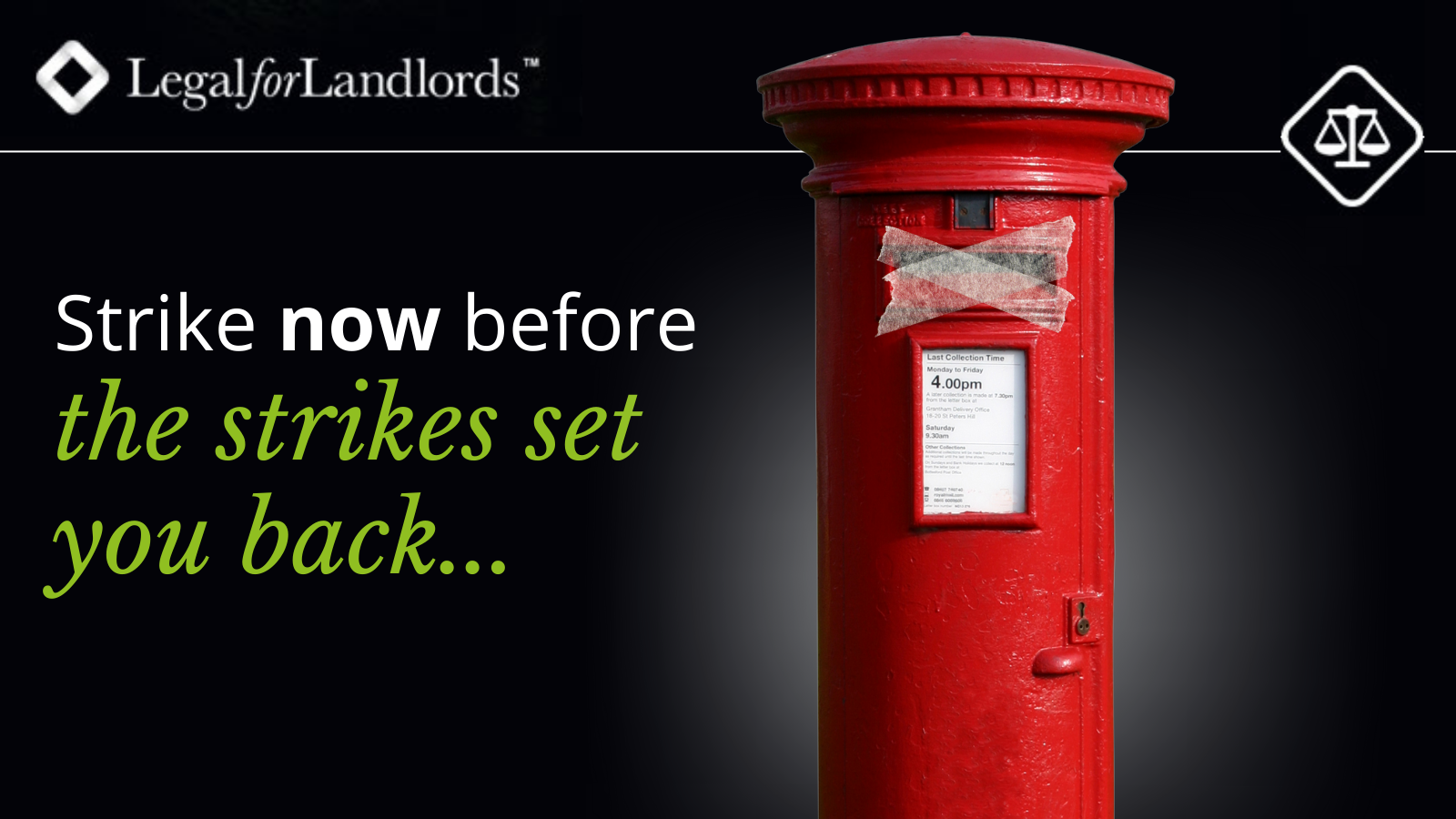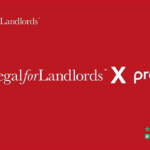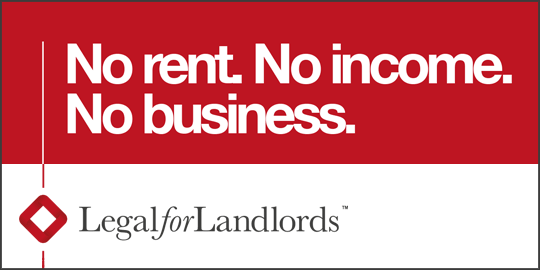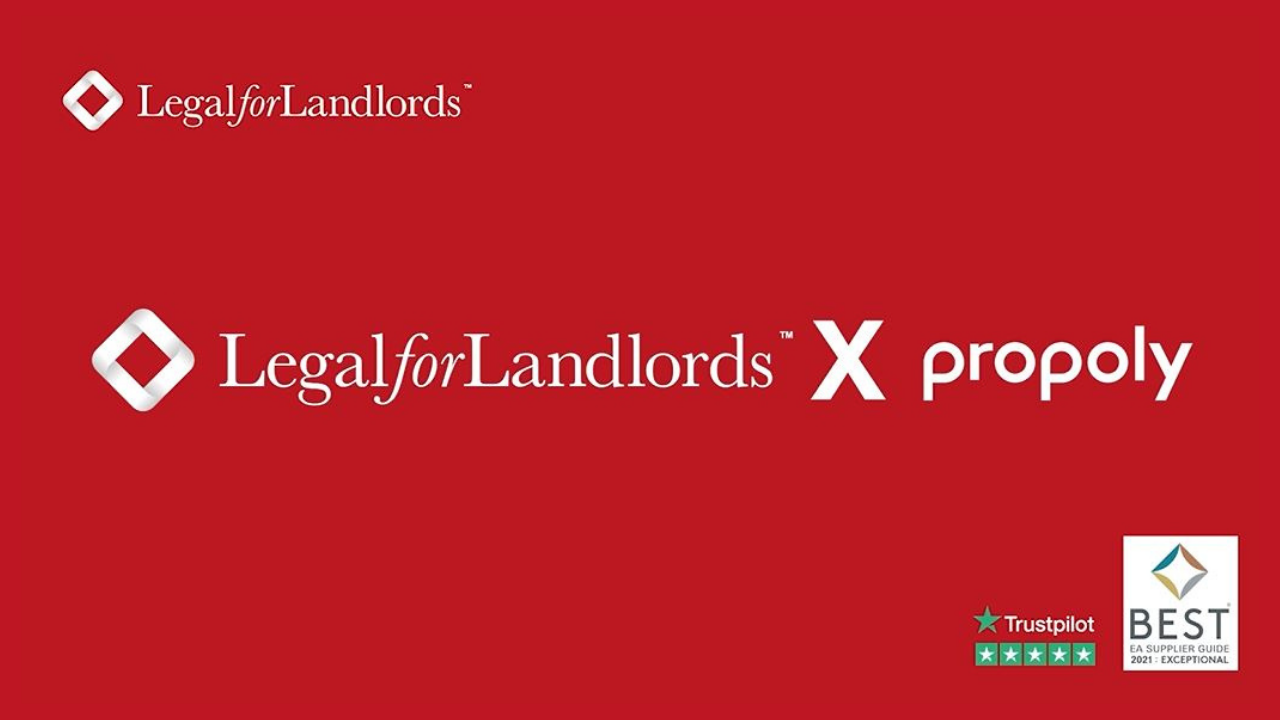We’re another step closer to the fees ban
We quote from Her Majesty The Queen’s speech:
“Proposals will be brought forward to ban unfair tenant fees, promote fairness and transparency in the housing market, and help ensure more homes are built.”
It now looks likely that a draft bill will be published later this year, and with cross-party support, it probably won’t encounter much opposition. We may as well assume it’s on the statute books and make our plans accordingly. We could be looking at Autumn 2018 or, if the Government are after a quick and popular win, as soon as April next year.
It’s worse than we thought
The fees ban won’t be a surprise, but the new rules, when in place, will also allow tenants to recover any fees charged unlawfully. There will be no possibility of dressing fees up as something else. What’s more, the proposed legislation goes further than expected with suggestions that holding and security deposits are capped at one week’s and one month’s rent respectively. Any flexibility that we had is being eroded.
There’s a good deal of anger in the industry. The so-called consultation period has barely expired and it’s now full steam ahead. Where is the due consideration of our industry’s legitimate concerns and of the jobs that will be lost? And where is the freedom afforded to practically every other business to determine their own selling prices? So much for a market economy.
Facing the consequences
Now we face a situation in which services, which are essential, will have to be paid for by landlords, and the extra costs are likely to end up causing rent increases. Despite the intention of increased fairness for tenants, those who rent long term could well find themselves out of pocket.
There are other potential knock-on effects. Where a landlord might currently accept a larger deposit to compensate for a let deemed more ‘risky’ in terms of affordability, this option will no longer be possible, and some renters may find it harder to secure a tenancy.
The move will, of course, be popular with those who rent and with those who want to see rented housing more affordable. But huge numbers of small private-sector landlords will be disadvantaged, including many whose buy-to-let investment is their only pension security. If too many decide that enough is enough – that the returns no longer justify the hassle – and exchange the TO LET sign for one that says FOR SALE then a reduction in the availability of affordable rented housing will be the consequence.
Surely that was not the Government’s intention when they set out to tackle the few agents who were levying exorbitant fees?



















Leave a Reply
Want to join the discussion?Feel free to contribute!